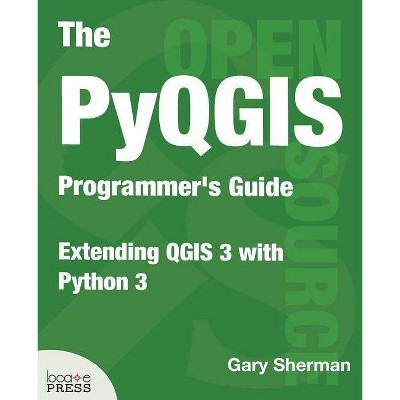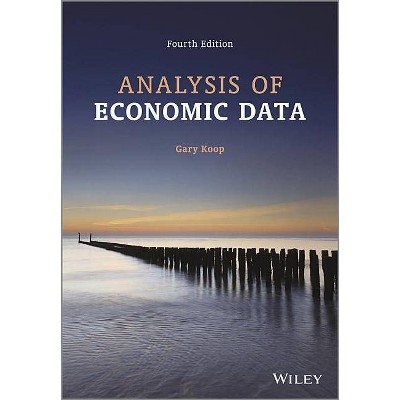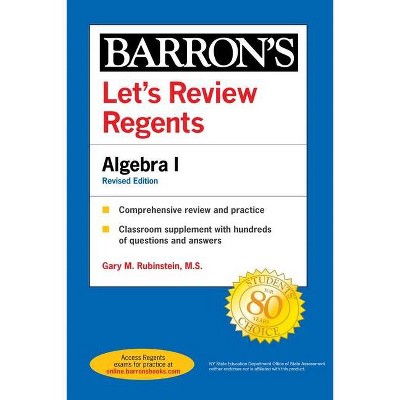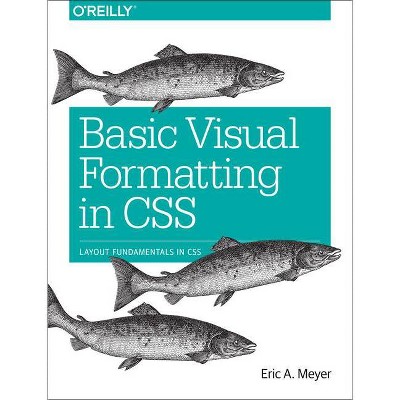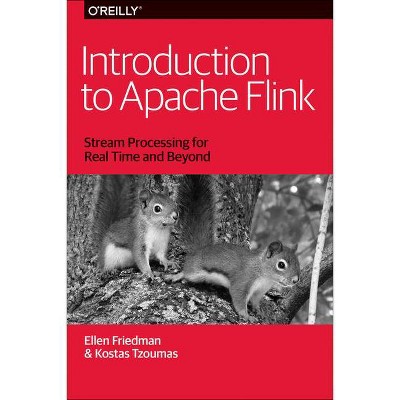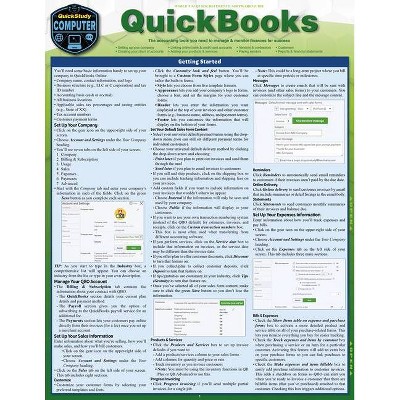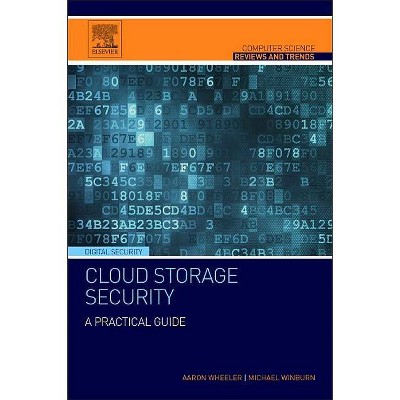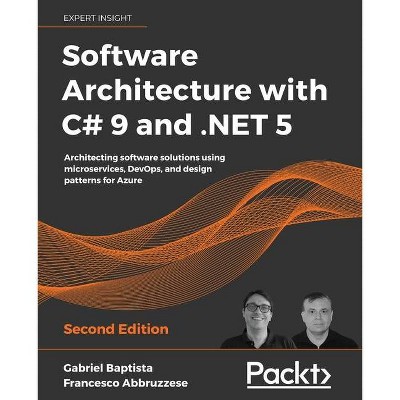The Algebra of Data - by Gary Sherman & Robin Bloor (Paperback)
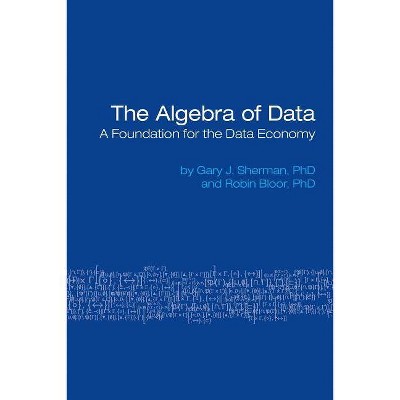
Similar Products
Products of same category from the store
AllProduct info
<p/><br></br><p><b> About the Book </b></p></br></br>This book describes and explains the algebra of data in an accessible and entertaining manner. While the book serves only as an introduction to data algebra, it is enough of an introduction to reveal the nature of data algebra and its applicability to software.<p/><br></br><p><b> Book Synopsis </b></p></br></br><p>There has never been a universal algebra of data. Mathematics has been widely employed by software in many ways: numerical analysis, statistics, algorithms, mathematical modeling, and so on, but it has never been used to formally define data in all its variety.</p> <p>This changed when mathematical research into data algebra--carried out for Algebraix Data Corporation by one of the authors of this book--matured and was tested in an extensive range of data management, data integration, and performance optimization contexts. The purpose of this book is to explain that data algebra.<br /> <br /> The book is undeniably and unashamedly a mathematics text. However, realizing that the readership would likely include many software developers and users as well as mathematicians, the book is written to be as accessible as possible to anyone with some mathematical skills. As such, this is not your grandfather's mathematics text. Between the various set theory assertions, expressions, and equations flows a narrative that is both surprising and entertaining.<br /> <br /> The subtitle of the book, <em>A Foundation for the Data Economy</em>, is not hyperbole. The mathematical definition of data, and the various set theoretical operations and functions that can be applied to it, provide a new approach to data. It will, in time, become the natural foundation for the emerging data economy that is already growing swiftly.</p>
Price History
Price Archive shows prices from various stores, lets you see history and find the cheapest. There is no actual sale on the website. For all support, inquiry and suggestion messagescommunication@pricearchive.us


